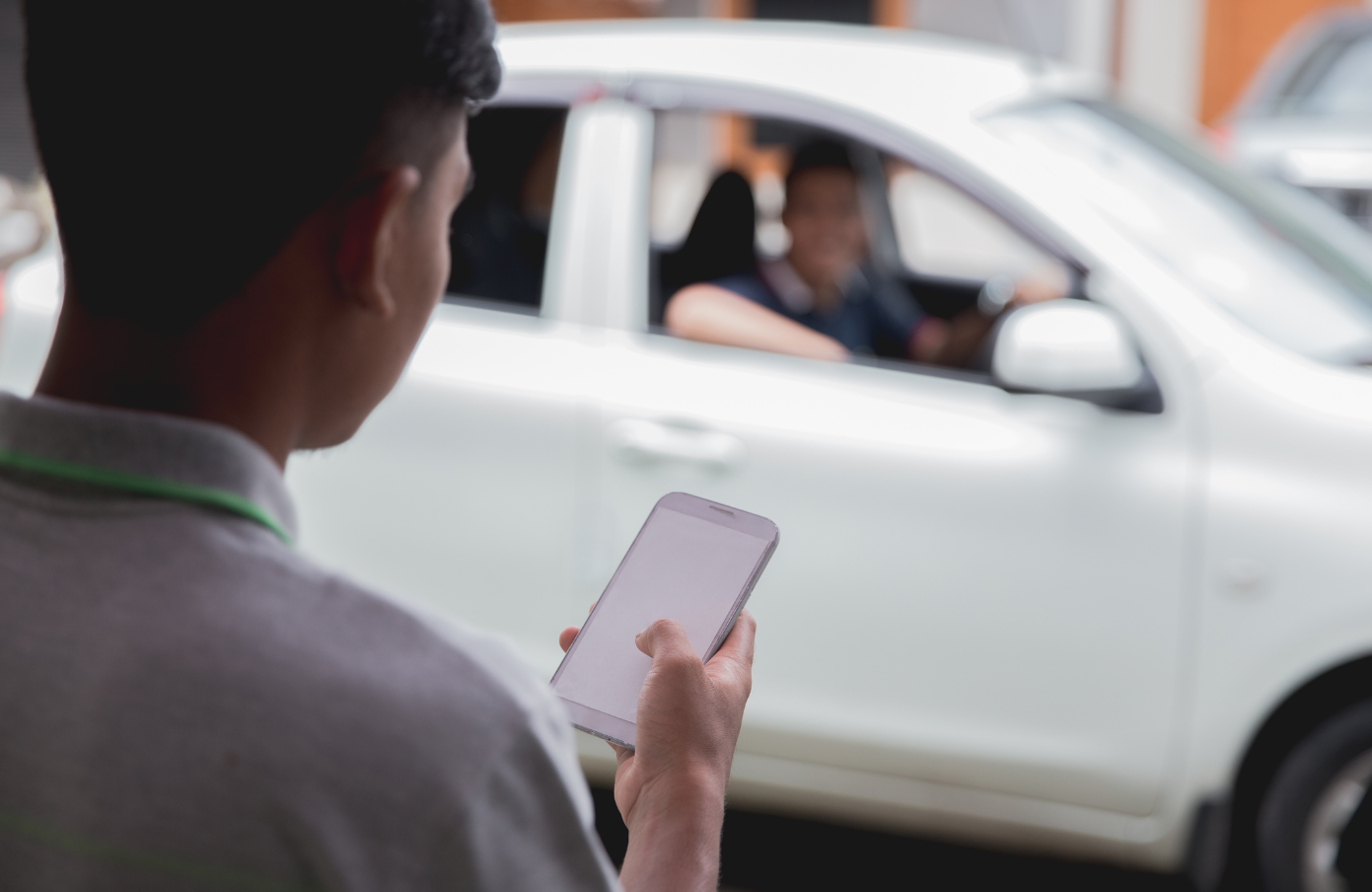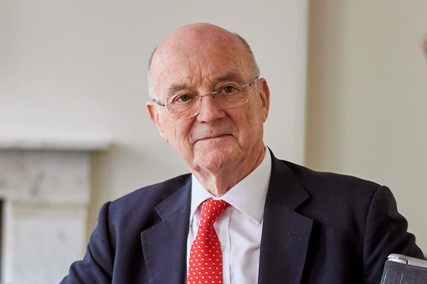Uber has won its appeal against Transport for London’s refusal to renew its London PHV operator’s licence. The Deputy Senior District Judge, sitting at Westminster Magistrates’ Court, decided that Uber London Limited is a fit and proper person to hold such a licence.
The Decision
Uber has won its appeal against Transport for London’s refusal to renew its London PHV operator’s licence. The Deputy Senior District Judge, sitting at Westminster Magistrates’ Court, decided that Uber London Limited is a fit and proper person to hold such a licence.
The court heard unchallenged evidence of a catalogue of breaches of licence conditions and regulations, seriously compromising public safety, committed by Uber within the 15-month term of a probationary licence granted to it on appeal in 2017. The essential finding by the judge was that Uber had remedied the failings which had given rise to the breaches: he said “Despite their historical failings, I find them, now, to be a fit and proper person to hold a PHV licence.” In an important paragraph of his judgment (#45), he said:
“I observe that the ‘fit and proper person’ test is not a test of perfection. It is ‘an expression directed to ensuring that an applicant for permission to do something has the personal qualities and professional qualifications reasonably required of a person doing whatever it is that the applicant seeks permission to do’. A holistic view is required.”
There is no question that his conclusion was one which the judge was entitled to reach on the evidence before him. What is unusual about this appeal, however, is that the respondent (Transport for London) did not invite him to conclude otherwise. At no point did TfL ask the judge to uphold its decision to refuse to renew Uber’s licence. Instead, TfL asked him to decide for himself whether Uber, at the date of the appeal and on the evidence before him, was a fit and proper person. That, we suggest, is a significant departure from the guidance given by the courts in the Hope and Glory litigation ([2009] EWHC 1996 (Admin), [2011] EWCA Civ 341). The task of the court on appeal is to determine whether the decision below is wrong: the task is not to make the decision afresh - yet that is precisely what TfL invited the judge to do. Time and again, following the correct approach ratified by the Court of Appeal in Hope and Glory, judges will hold that a decision is not ‘wrong’ - even if they would have decided the matter differently themselves - because the decision appealed against falls within the legitimate range of decision-making. In our experience, either a licensing authority argues that its decision is right and defends the appeal, or it concedes that in light of new evidence the decision is no longer sustainable, and the appeal is allowed by consent. For a licensing authority to take neither one position nor the other, and throw the thing to the court to decide for itself, is in our opinion to abandon its responsibilities as regulator. It is something we have not encountered other than in the two Uber licensing appeals.
LTDA submissions
The LTDA was given limited permission to participate in each of Uber’s licensing appeals. In the most recent one, the LTDA suggested that for several months Uber had covered up its discovery of a serious flaw in the Uber App which allowed drivers to change their profile photograph to that of another person, who was then able to undertake Uber bookings. By the date of TfL’s decision on 25 November 2019, some 13,850 such bookings had been identified - all of them uninsured, all of them undertaken by drivers who had been dismissed by ULL, some of them undertaken by drivers whose licences had been revoked by TfL. The LTDA set out its case for ‘cover-up’ in written submissions, which can be read in full here. The judge was not persuaded, however: at paragraph 30 of his decision he says “I have carefully considered the evidence in the context of what [counsel] argues. I do not, however, agree with his interpretation and do not draw the inference that the evidence suggests attempted concealment.” It is perhaps regrettable that TfL once again fought shy of assisting the court with a view of its own, one way or the other. When the judge asked what TfL’s position was on the ‘cover up’ issue, counsel replied that TfL’s sole witness had not reached any conclusion.
Déjà vu
This appeal marks the second occasion, in a little over two years, in which Uber has been able to persuade a court that between TfL’s refusal to renew its licence and the appeal hearing it has put right the many wrongs that led to TfL’s decision. The judge in the 2018 appeal said: “The question for this court is whether ULL can be trusted when it says it has changed and whether it will maintain the changes when these proceedings drop away”. Leading counsel for TfL in the latest appeal said much the same thing: she said that the “crucial question” was whether Uber could be trusted to break its cycle of “remorse and reform”.
Mending what has been broken, apologising and undertaking not to do the same again, has proved a winning formula for Uber. There cannot be many licensees whose repeated breaches of conditions and regulations are of so little consequence.
Gerald Gouriet QC
Charles Holland
Francis Taylor Building
Inner Temple







